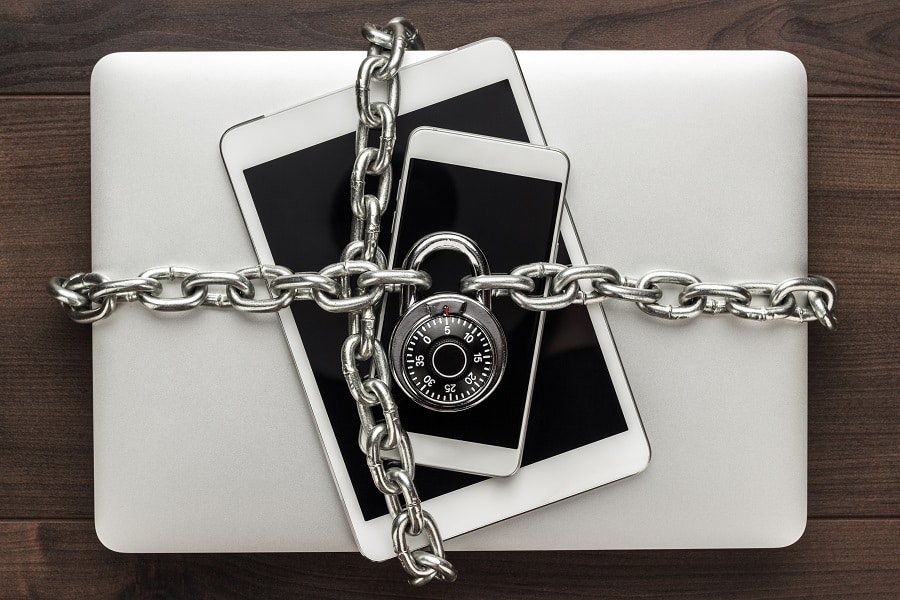With so many advances in technology and the ability to go mobile with “miniature computers”, we may be inadvertently rewriting how our brains process information. In this modern era, mobile technology makes it possible for you to never memorize anyone’s phone number, email, or street address. It also enables you to never use a reference book, rotary phone, or paper map again because Google has all the answers.
Contents
It’s Not That We Can’t Remember: We Just Don’t Have To

Our brains have a great capacity for memorizing information. The more you train your memory, the more you can remember, and the easier memorization will be. However, in an age where you can live a life where auto-check negates even remembering how to spell, is it possible we are changing our brains in irreversible ways? That is a question many scientists are trying to answer.
How Mobile Technology Is Rewiring Our Brains

University of California, Santa Cruz psychologist Benjamin Storm conducted a study where students could use the internet to answer questions versus using their memories. Shockingly, even when students knew the answers, when the internet was an option, they were more likely to use it. The difficulty or simplicity of the question made no difference: they turned to technology. It appeared they trusted themselves less than the search algorithm’s results.
Although we arguably have a symbiotic relationship with computerized technology, Benjamin Storm is unwilling to draw any hard conclusions as to whether technology is causing a decline in our collective memory. That said, he does feel it is clear we are having a shift in cognition. Whether that shift means we will stop using our brains for anything other than unavoidable motor skills, is yet to be seen.
Everyone Is an Insomniac Who Can’t Find Their Way

The demise of our internal clocks is another drawback of handy hand-held devices. The blue light keeps us wide awake no matter how exhausted we are. Being in an environment with artificial light, even if it is only your lock screen, throws off our circadian rhythm dramatically. After a night, or years, of far less sleep than is healthy, we take our sleep-deprived selves out into the greater world where we find our internal compasses have also been affected.
We collectively suffer from an inability to understand directionality and depend heavily on GPS technology. We can and will follow GPS almost anywhere, even when it is obviously going in the wrong direction. As with our memories, we tend to trust technology more than ourselves.
The Long and Short of It
When we find ourselves parted with our mobile devices, a meltdown is sure to follow. We are likely not going to part with them anytime soon. Still, we can find a sweet spot where we unplug for long enough to let our brains do more than operate our thumb muscles. In the meantime, just how handheld technology is rewiring our brains is not fully known. However rest assured, whenever we sort out the answer, it will be one Google search away.


